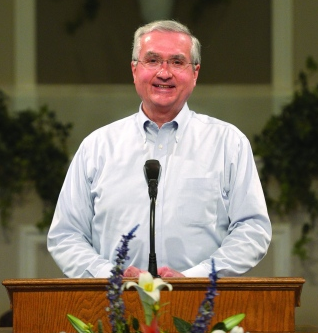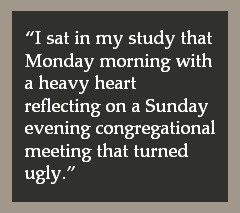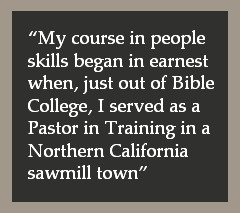What Do You Want to Be When You Grow Up? A Word to Young Wannabe Pastors

Dear Young Seminarian,
Have you thought about your future? Of course you have, you think. You are in seminary, or headed to seminary, or just finished seminary. You are hoping for a pastoral position, or looking for one, or maybe even in one.
But what do you want to be?
Do you want to be a pastor? Or do you want to pastor?
At first, glance that may seem like a strange question. But it actually flows from an old, perhaps cheesy, thing that was making its way around college back in the day. It was a little statement about relationships and dating, and people who were “in love” with being “in love” rather than being “in love” with a person.
Now, dear seminarian who has learned to exegete Greek and Hebrew (at least you better have learned to if you have a seminary degree), don’t over exegete the words “in love.” I am not really sure what they mean myself, and I am pretty sure that these words are the cause of a lot of broken marriages and broken hearts.


 Republished, with permission, from
Republished, with permission, from  Republished, with permission, from
Republished, with permission, from  Republished, with permission, from
Republished, with permission, from 
Discussion